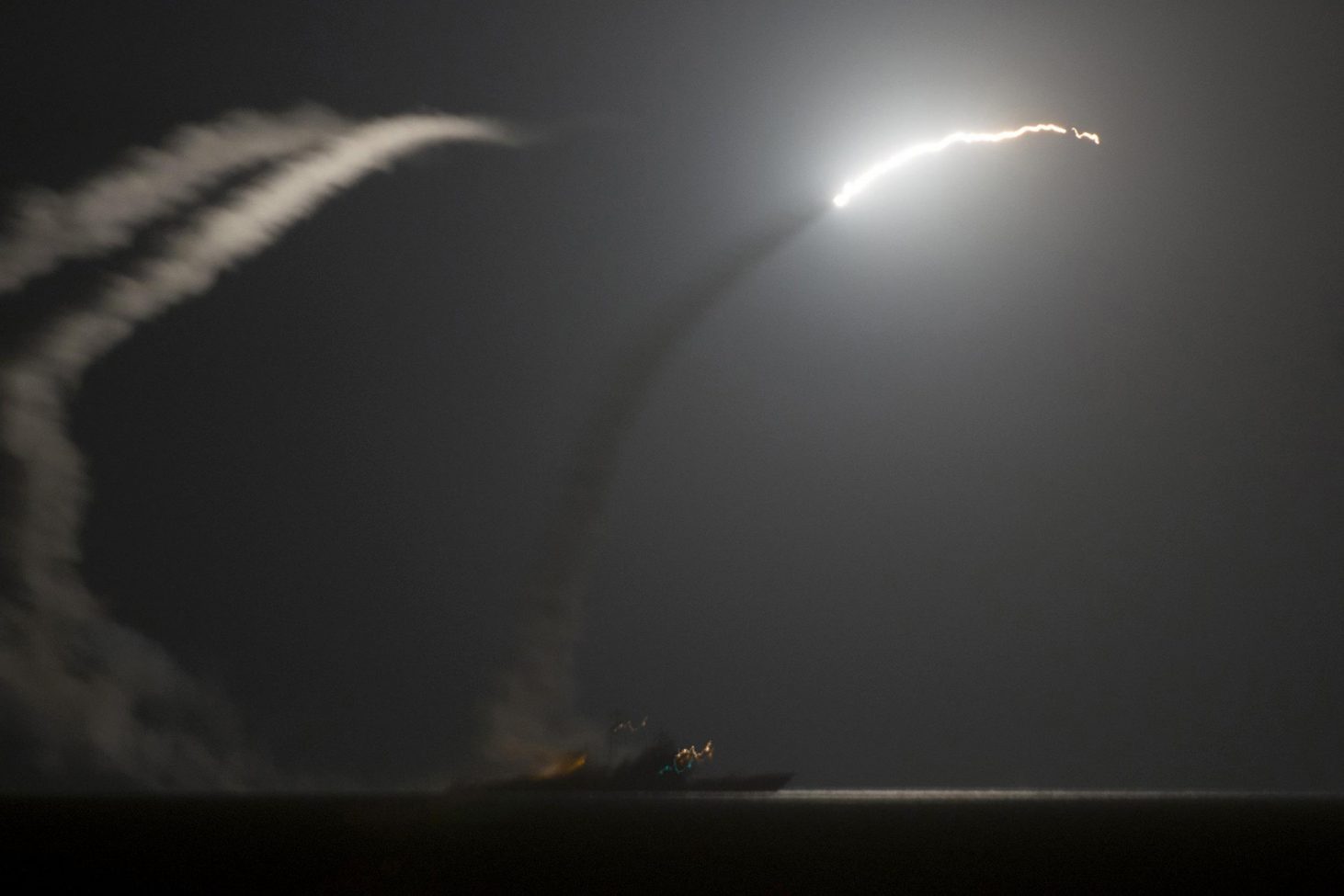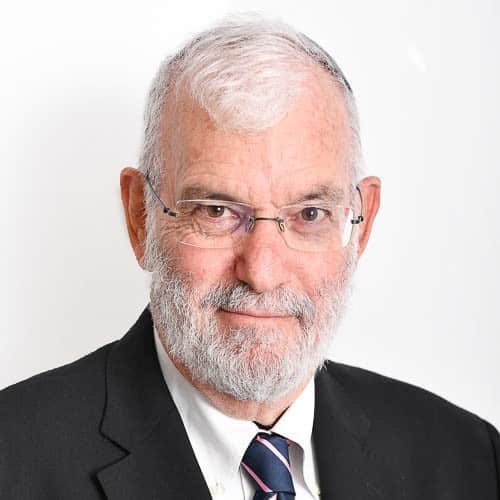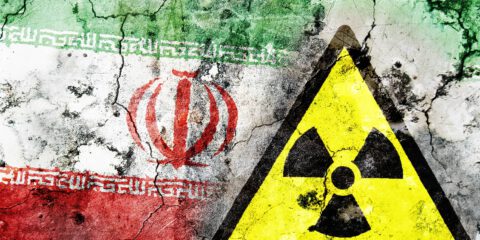With global tensions on the rise, Israel could find itself alone, both in the struggle to prevent a nuclear Iran and in trying to contain Iran’s actions in Syria.
Tensions are on the rise in Syria. Iran is establishing itself military in the country, while Israel is making every effort to prevent the Iranian buildup across the border. U.S. military action is also expected there in response to the Syrian military’s use of chemical weapons against innocent civilians in Douma. Russia, whose forces are deployed across the country, fears the Iranian buildup will lead the situation in Syria to deteriorate and a possible U.S. airstrike will not bode well for its ally, Syrian President Bashar Assad.
This tension comes as two separate incidents have already served to increase global tensions of late. U.S. President Donald Trump believes his country was wrong to support a global economy and free trade, which he argues have been detrimental to the United States, which imports more products than it exports. American factories are unable to compete with factories in China, where businesses can manufacture products more cheaply and sell them at lower prices in the United States. Many American citizens have lost their jobs as a result.
In an effort to combat this phenomenon, Trump has imposed tariffs on steel and aluminum imports to the U.S., in the hope these items will become more costly and as a result, U.S. factories will be able to better compete in the global market. The country most impacted by the move, China, has responded in kind, announcing it will tax American products. In the emerging reality, the only way to prevent this tit-for-tat from developing into an all-out economic war is for both countries to sign an agreement similar to the one in place before Trump moved to impose tariffs on imports to the U.S.
Britain, meanwhile, is holding Moscow responsible for the poisoning of a Russian double agent who was arrested in Russia and later released in a spy exchange deal. According to the Brits, the type of gas used to poison Sergei Skripal can only be found in Russia, which is also the only country with the motive to kill him. Although the Brits do not appear to have any clear proof Skripal’s attackers were sent by Moscow, they have circumstantial evidence collected at the crime scene and possibly also intelligence. Britain and its Western allies have taken the unusual step of expelling over 100 Russian diplomats as a punitive measure against the Kremlin. The U.S. has likewise imposed sanctions on Putin’s cronies. In response, Putin announced the expulsion of dozens of Western diplomats. And there is no end to this conflict in sight.
In the coming months, two events are expected to add to these global tensions. The first is a meeting between Trump and Kim Jong Un, the North Korean dictator. If the two set up a channel of communications, tensions could significantly abate. If they don’t, North Korea will go back to testing nuclear weapons.
The second event also concerns nuclear proliferation. If, as he promised in his presidential campaign, Trump informs congress Iran is not upholding its side of the 2015 nuclear agreement, and the U.S. announces it will withdraw from the deal in May, tensions in the region and throughout the world will increase.
Incidentally, the United States could drastically improve its standing with North Korea if it acts against Assad and his regime’s use of chemical weapons with the force befitting a superpower.
While Israel is too small to impact the trade war, it would prefer an open, global economy. Israel’s special relationship with the Russians, who are operating in an area in which we have a vested security interest is also of great importance. That is why Israel is staying out of the West’s dispute with Russia. Israel does, however, have an interest in the conflict between Iran and the United States, the latter of which does not appear to have formulated a clear policy for the day after a possible withdrawal from the agreemen. Israel, then, could find itself alone, both in the struggle to prevent the nuclearization of Iran and its containment inside Syria.
Published in Israel Hayom 13.4.2018
JISS Policy Papers are published through the generosity of the Greg Rosshandler Family.
photo: By U.S. Navy photo (United States Department of Defense) [Public domain], via Wikimedia Commons









 - בניית אתרים
- בניית אתרים